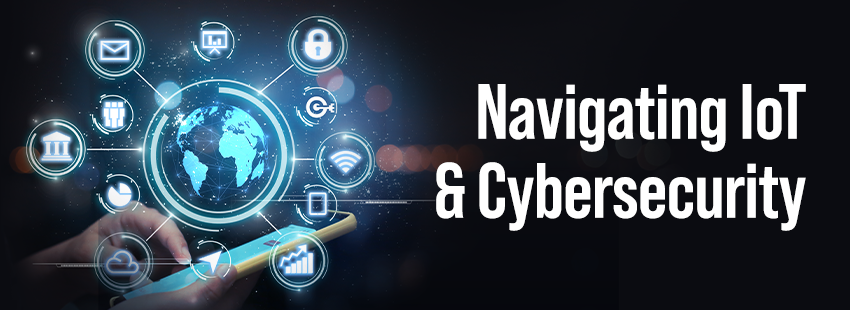Is there a morning after pill?
So it’s the nightmare scenario. You wake up to find out that your personal information has been compromised. Is there anything you can do to protect yourself now?
143 million other people are asking the same question following yesterday’s announcement about Equifax’s recent data breach. If you’re reading this article, there’s better than a 50% chance that your personal information was exposed. According to Equifax, this includes names, Social Security numbers, birth dates, addresses, and in some instances, driver’s license numbers and credit card numbers. The company is offering a tool to see if your personal information is potentially impacted.
Here are 3 things you should do today:
1. Change Your Passwords and Use a Password Vault
Using the same password for multiple sites puts you at increased risk. To play it safe, change all of your passwords. KJ Technology’s Best Practice is to take advantage of a Password Vault like LastPass, to manage these. A good password vault will securely keep track of your passwords and assess your overall security. These will alert you when your passwords are weak or used elsewhere. Select a long and complex passphrase to secure your vault.
Change your security questions and be smart about it. Sure, avoid the obvious items like date of birth and your mother’s maiden name, but go a step further by providing nonsensical answers to standard questions [e.g., First School Attended: GreenToyota 17]. These can be saved in your password vault. Most importantly, always use Multifactor Authentication when available through an app like Google Authenticator.
2. Enroll in an Identity Theft Protection and Credit Monitoring Service
Equifax is offering all U.S. consumers a free 1-year subscription to their TrustedID Premier Program. Before jumping on this offer, it seems the terms of service in the “free” subscription may waive user’s rights to sue later. That said, you can get one free credit report per year from the 3 major credit bureaus. Many credit cards also offer similar free services.
Learn More: Everything You Need to Know About Cybersecurity
3. Setup a Fraud Alert and/or Freeze Your Credit
If your Social Security number is exposed along with your name, it will be fairly easy for criminals to establish credit with your credentials. A good way to protect against this is by setting up a fraud alert. With a fraud alert on your account, most companies will need to contact you before establishing new lines of credit. Since these alerts are generally short-term, lasting only 90 days, you may want to take the extra step of establishing a credit freeze. This will restrict access to your credit reports. If potential creditors can’t see your credit report, they’ll be less likely to open new accounts in your name.
While there may not be a quick fix to reverse the effects following a breach, there are several steps that can be taken to minimize your exposure beforehand. Perhaps the most underrated step is effective password management as identified above.
KJ Technology is a NYC-based boutique IT services provider. KJ goes above and beyond to partner with its clients and advise on all matters of technology management and cybersecurity. Contact KJ for more information.





